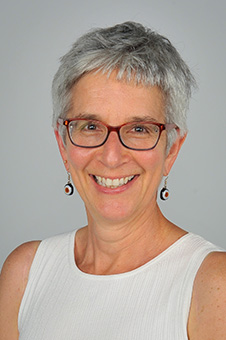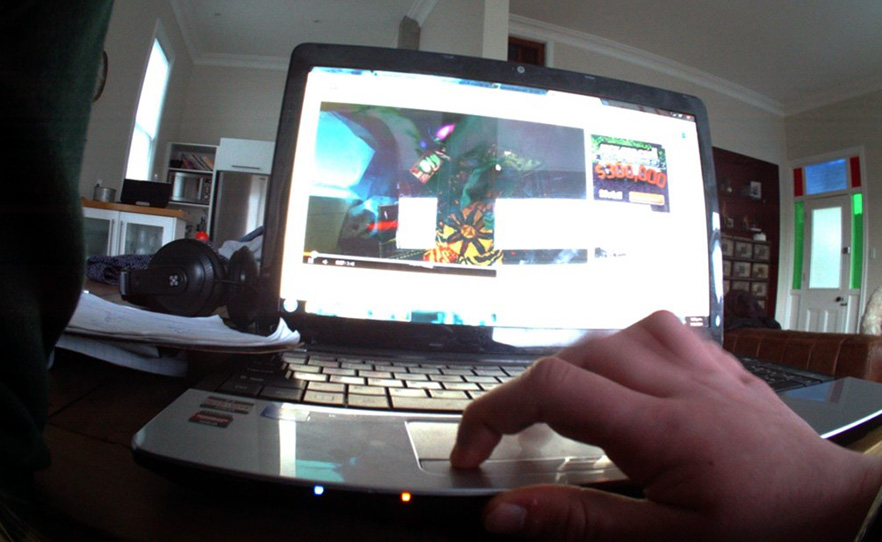Regulations are urgently needed to protect children from harm in the unregulated online world, researchers at the University of Otago, Wellington say.
The call comes as the researchers publish the results of their study into the after-school habits of 12-year-olds. Their research, published today in the New Zealand Medical Journal, finds children are spending a third of their after-school time on screens, including more than half their time after 8pm.

Dr Moira Smith.
Senior researcher Dr Moira Smith from the Department of Public Health says this is considerably more than the current guidelines, which recommend less than two hours of screen time per day (outside school time) for school-aged children and adolescents.
The results are from the innovative Kids'Cam project, with the 108 children involved wearing cameras that captured images every seven seconds, offering a unique insight into their everyday lives in 2014 and 2015.
Children were mostly playing games and watching programmes. For ten per cent of the time the children were using more than one screen.
Screen use harms children's health and wellbeing.
"It is associated with obesity, poor mental wellbeing, poor sleep and mental functioning and lack of physical activity," Dr Smith says. "It also affects children's ability to concentrate and regulate their behaviour and emotions."
Screen use is now a regular part of children's everyday lives and is likely to have increased since the Kids'Cam data was collected.
"Screen use rose rapidly during the COVID‑19 pandemic, and children in 2023 are frequently spending time online, particularly on smartphones. According to the latest media use survey, YouTube and Netflix are the most popular websites for watching programmes, with one in three children under 14 using social media, most commonly TikTok, which is rated R13."
She says children are being exposed to ads for vaping, alcohol, gambling and junk food, and experiencing sexism, racism and bullying while online.
"Cyberbullying is particularly high among children in Aotearoa, with one in four parents reporting their child has been subjected to bullying while online."

Cameras worn by children participating in the Kids'Cam project captured images like the one above every seven seconds, offering insight into children's screen use in their everyday lives.
Dr Smith says current New Zealand legislation is outdated and fails to adequately deal with the online world children are being exposed to.
"While screen use has many benefits, children need to be protected from harm in this largely unregulated space."
She says the Government is to be applauded for proposing more regulation of social media in its recent consultation document from the Department of Internal Affairs (DIA), which notes concern about children accessing inappropriate content while online.
The Otago researchers are currently studying the online worlds of children in Aotearoa using screen capture technology, with the results expected to be published soon.
Publication details
The research paper, "Watching the watchers: assessing the nature and extent of children's screen time using wearable cameras" is published in the New Zealand Medical Journal.






